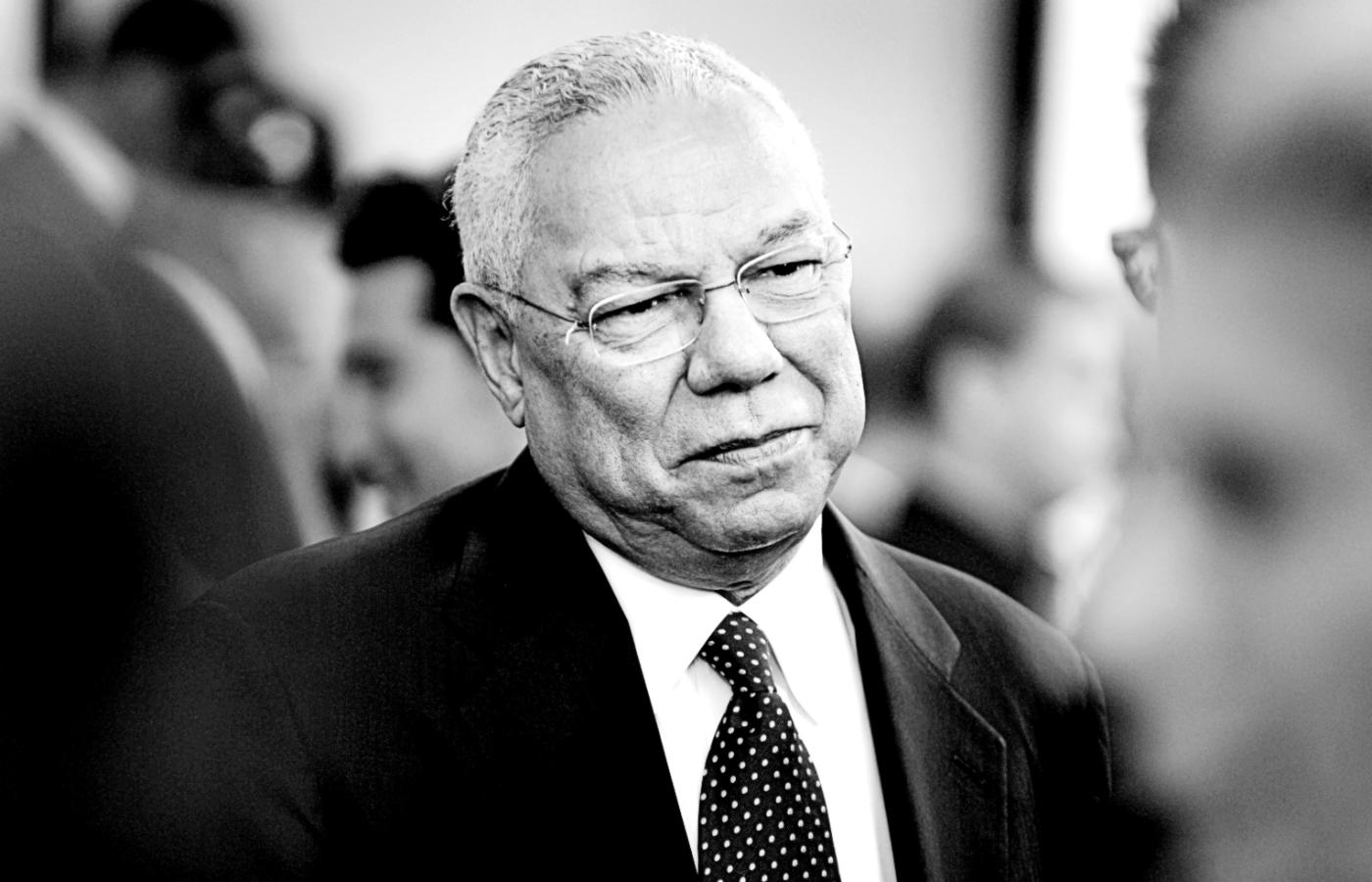
Powell was one of the most popular and interesting American politicians — he was the first Black military member in U.S. history to reach the highest ranks in the U.S. Army and among the hierarchy of power.
Colin Powell, former U.S. secretary of state and retired general, died in Washington at the age of 84 from complications of COVID-19. He was one of the most popular and interesting American politicians, serving as the first Black member of the military in American history to reach the highest ranks in the U.S. army and among the hierarchy of power. Commentary after his death emphasized that although he was initially affiliated with the Republican Party, he also became a living symbol of leadership beyond political divisions, something that is now increasingly rare in America.
The Powell Doctrine
Born in 1937 in Harlem, New York, the son of poor Jamaican immigrants grew up in the Bronx, was graduated from the City College of New York and joined the military, one of the few institutions at the time that opened up a career path for African Americans. He was wounded twice in Vietnam. After finishing his studies at the National War College, he quickly moved up through the officer ranks and was promoted to brigadier general in 1979. Under Ronald Reagan, Powell became America’s first Black national security advisor to the president and then the first Black chairman of the Joint Chiefs of Staff under Reagan’s successor, George H.W. Bush.
As chairman of the Joint Chiefs, Powell played a crucial role in the successful 1991 Gulf War when U.S. troops liberated Kuwait, occupied by Saddam Hussein’s Iraqi army. Powell became famous for his attack strategy that called for applying overwhelming force, now referred to as the “Powell doctrine.” Some 700,000 American soldiers were deployed to fight in Iraq, supported by contingents from an international coalition. Powell had a charismatic personality and performed brilliantly at briefings, contributing to collective support in the United States for the war.
He Could Have Been President
Powell retired from the military in 1993 at the peak of his popularity. Two years later, he was encouraged to run for president in the 1996 election. Polls indicated that most Americans, including independent voters, would have supported him. He was also encouraged to participate in the race for the White House before the election in 2000. If Powell had agreed, perhaps he, not Barack Obama, would have become America’s first Black president. However, he decided not to run. Reportedly, his refusal was mainly due to his wife Alma’s opposition, who feared for his safety — as an African American, she believed, he might have fallen victim to racist attacks.
Powell served as secretary of state under George W. Bush. He shared the president’s initial reluctance to intervene overseas — the general was one of those military men who, as someone has said, “hated war.” However, the situation drastically changed in the wake of 9/11, after which the U.S. attacked Afghanistan. In 2003, Powell had doubts whether the attack on Iraq made sense, as he was pressured to do by Bush’s hardliners. Still, he agreed to speak before the United Nations Security Council, and presented evidence purporting to show that Saddam possessed weapons of mass destruction, evidence used to justify the invasion. The popular general’s speech may have strengthened congressional support for the war.
Self-critically, Powell claimed this was a big mistake. The role he played in invading Iraq practically ended his political career. Critics believe he should have resigned then, instead of legitimizing the war that today is seen as an enormous strategic mistake by America, and one of the most important causes of the current problems in the United States. The general resigned as secretary of state during Bush’s second term.
He Did Not Lose Faith in America
In 2008, Powell endorsed Democratic candidate Barack Obama and endorsed him for reelection four years later. In 2016, he spoke up strongly against Donald Trump and supported Hillary Clinton. He called Trump a “national disgrace” and “international pariah.” During the 2016 election, three electors in Washington state — won by Clinton — demonstratively voted for Powell, risking a fine. In last year’s election, the general publicly backed another Democrat, Joe Biden.
American politicians, military and experts eulogized Powell by emphasizing his righteousness, patriotism, loyalty to the Bush administration in which he played a key role, and his desire to represent the entire country without favor to one party or ideological orientation. In a 1994 speech at Howard University, a historically Black university in Washington, the general said, “Never lose faith in America,” comparing it to a family where there are arguments but where, nonetheless, “‘We must not allow the family to be broken into warring factions.” We remember his words today as a warning that America ignored as it split into two increasingly fierce political camps.
Following Powell’s death from complications of COVID-19, claims that vaccines don’t work surfaced online, given that Powell he was vaccinated. However, the general suffered from many conditions that weakened his body’s immunity. In 2003, he underwent treatment for prostate cancer and was previously diagnosed with myeloma, a type of blood cancer.

Leave a Reply
You must be logged in to post a comment.